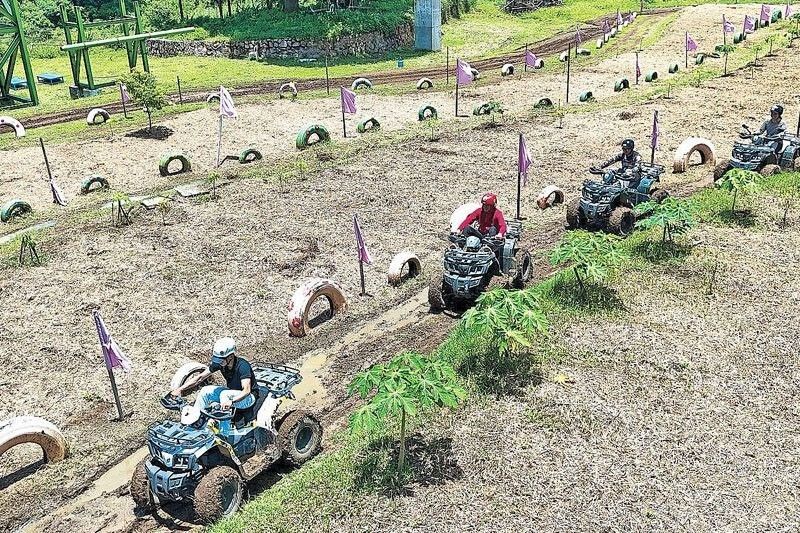Commitment fees on problematic ODA-funded projects hit P2.2 billion

MANILA, Philippines — The 45 official development assistance (ODA) projects flagged as problematic are costing the government about P2.2 billion and could further increase as implementation delays continue.
During the Senate committee on finance hearing yesterday, Finance Undersecretary Joven Balbosa said cumulative commitment fees from 45 ODA projects have reached P2.2 billion ($38.5 million).
Commitment fee is a charge imposed by multilateral lenders on the Philippines for undrawn scheduled availment of a certain loan.
Paying the fee demonstrates the government’s commitment to take the loan and compensate the lender for the cost of setting aside the funds.
“This could still increase as undisbursed balance would already incur commitment fees. As projects extend and get delayed, that would continue,” Balbosa said.
In its 2023 ODA portfolio review report, the National Economic and Development Authority (NEDA) said 45 projects were tagged as actual problem projects, falling under either early warning stage or critical stage.
Finance Secretary Ralph Recto said the challenge is always in project execution, and one of the biggest hurdles is the right-of-way (ROW) acquisition.
Sen. Nancy Binay asked the economic team if the government could cancel some of the projects that have been delayed.
Recto responded that the issue is being discussed but noted that in some instances, there are investments already on the ground.
“Sometimes, you have no choice but to continue to finish the project,” he said.
Apart from ROW issues, NEDA Secretary Arsenio Balisacan said another problem is that the government has not provided enough funding counterpart.
Data from the Department of Budget and Management showed that P178 billion in foreign-assisted projects is funded by ODA. Of that amount, P117.9 billion has been released and roughly P60.8 billion is pending for request.
About P51.6 billion is earmarked as government counterpart but only P10.7 billion has been released, with the P40.8 billion to be freed up if there will be excess revenues.
Balisacan said that when a project is suffering delays or missing its target date of completion as approved originally based on feasibility studies and implementation documents, proponents must go back to the NEDA Board and ask for approval of an extension.
“The NEDA Board will see if it’s worthy of continuing. We reevaluate and reassess the project if still economically viable. If not, the board will discontinue the project,” Balisacan said.
“In many of these delayed ODA projects, they still pass the threshold of 10 percent and they remain economically viable,” he said.
Asked whether there has been a project that has been implemented on time, Recto said that in the seven months that he has been DOF chief, all projects have been delayed.
“Many of them started pre-pandemic and were also delayed because of the pandemic,” Recto said.
- Latest
- Trending


























